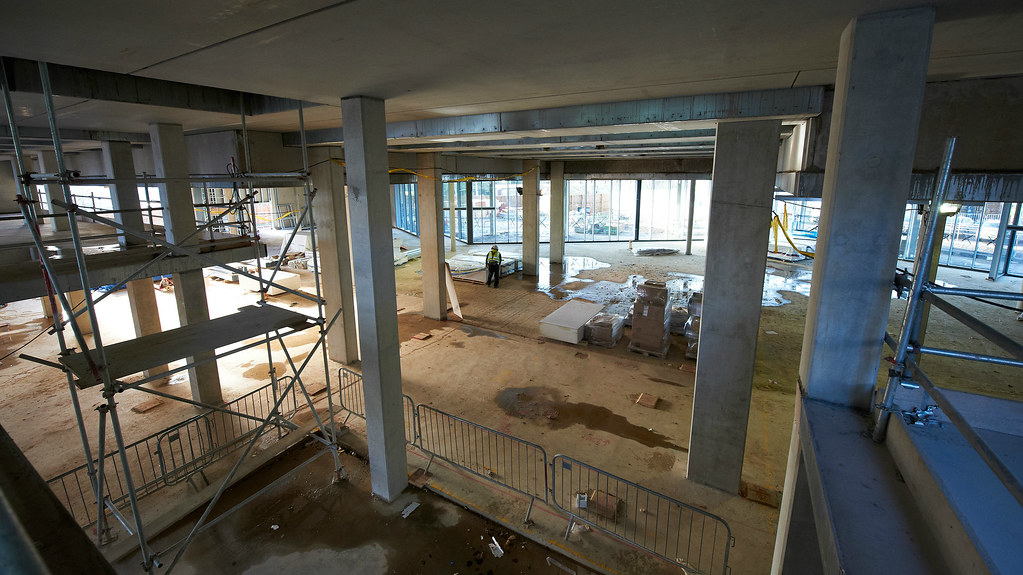The Engineering and Physical Sciences Research Council (EPSRC) funded project, called the DURACOMP consortium, involves Bath along with the universities of Warwick, Leeds, Newcastle, Glasgow and Bristol.
The consortium is one of a number of projects to be funded by the EPSRC as it announces a £4.7m fund for ground and structural engineering projects.
Advanced composites have potentially transformative properties compared to other construction materials, and offer unparalleled structural solutions.
They’ve been widely explored for the aerospace and automotive industries and their use has resulted in lighter, more energy efficient solutions.
The DURACOMP consortium aims to translate this success to the construction industry by tackling the single largest factor limiting their uptake - durability. The project aims to achieve this by developing a methodology and tools aimed and designing and assessing advanced composites for construction.
Dr Mark Evernden from the University’s Department of Architecture & Civil Engineering, is involved in the consortium.
Dr Evernden said: “By bringing together experts from across the UK this consortium will accelerate research in the use of advanced composites and has the potential to revolutionise the construction sector.”
The consortium team will investigate the long-term degradation processes of construction composites in order to enhance confidence in their durability.
The research will involve an ambitious, integrated programme of physical testing and computational modelling that will bring new insights into the behaviour of composites.
Professor Tim Ibell, Head of the Department of Architecture & Civil Engineering, said: “Bath is home to a BRE Centre for Innovative Construction Materials, with a division focused on advanced composites in construction.
“The Centre has an international reputation for its research, development and consultancy and the expertise of our researchers will be highly valuable to the work of the DURACOMP consortium.”

